Apple's latest strategic pivot tells a fascinating story about reading the market and knowing when to change course. Bloomberg reports that Apple has paused work on a cheaper Vision Pro headset to focus on smart glasses development, following the slow uptake of Vision Pro with limited content and a $3,499 price tag.
This shift comes as Meta unveiled multiple new smart glasses models, and analysts have likened the Vision Pro to Apple's "biggest miss since the Newton". Here's the twist: Apple is not conceding anything; it is steering toward the part of spatial computing that people actually seem to want.
The bet is simple and gutsy. Daily-use wearables, not occasional, living-room headsets. The numbers back it up: Smart glasses are on the rise while bulky rigs stay niche.
The bigger picture: Apple's long-term wearable strategy
What we are watching is a portfolio play for the next decade of personal computing. The company has at least seven XR projects in development through 2028, a signal that the $3,499 headset was only the opening move. A lighter Vision Air is slated for 2027 with a 40% weight reduction and iPhone processor power, and extended reality glasses with built-in see-through color displays are slated for 2028 with AI connectivity.
It is methodical, not scattershot. Different form factors for different moments. Smart glasses for everyday use, lighter headsets for deeper immersion, eventually full AR glasses with integrated displays. Building blocks that also hedge against uncertainty.
The competitive field is warming up in ways that help Apple. Meta's Ray-Ban glasses proved there is genuine demand for smart eyewear, even if the feature set is limited. Google's Android XR platform, in partnerships with companies like Warby Parker, adds more validation and more attention to the category.
All of it plays to Apple's strengths: vertical integration, ecosystem control, and user trust. The future of spatial computing may look more like a pair of stylish frames than a helmet. And Apple has a habit of showing up late and then defining the category: smartphones, tablets, smartwatches. The real question is not whether Apple can make smart glasses work; it is whether it will redefine the idea of smart glasses the way it once redefined the phone.




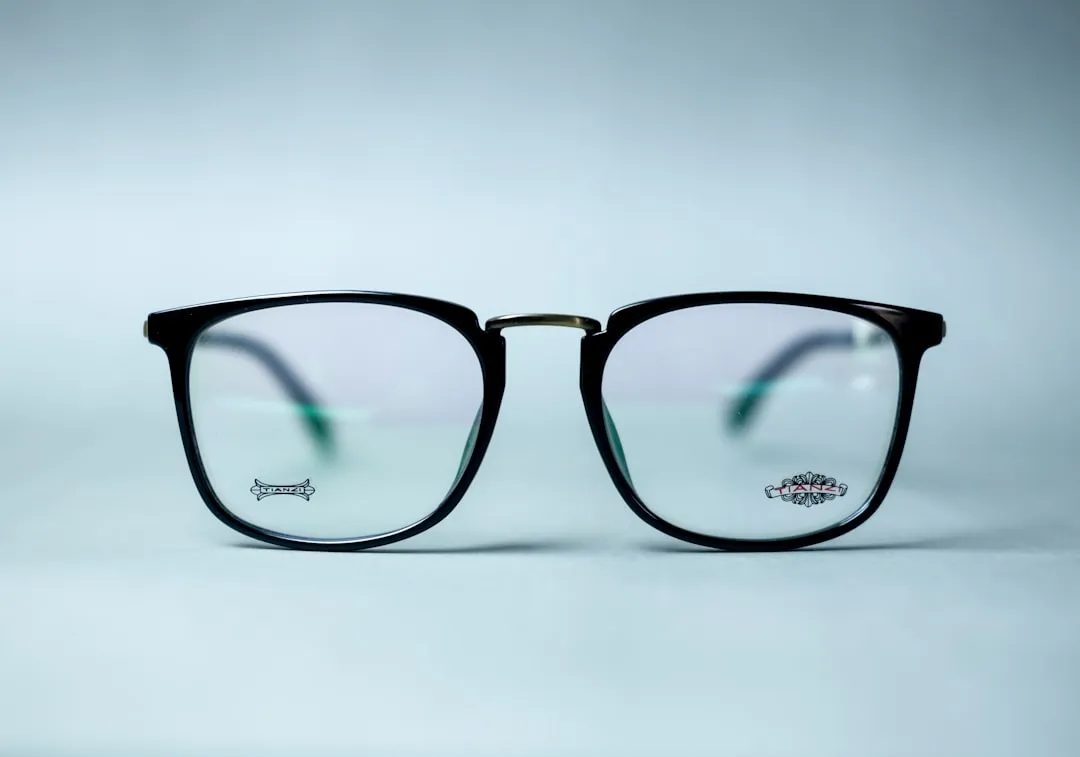

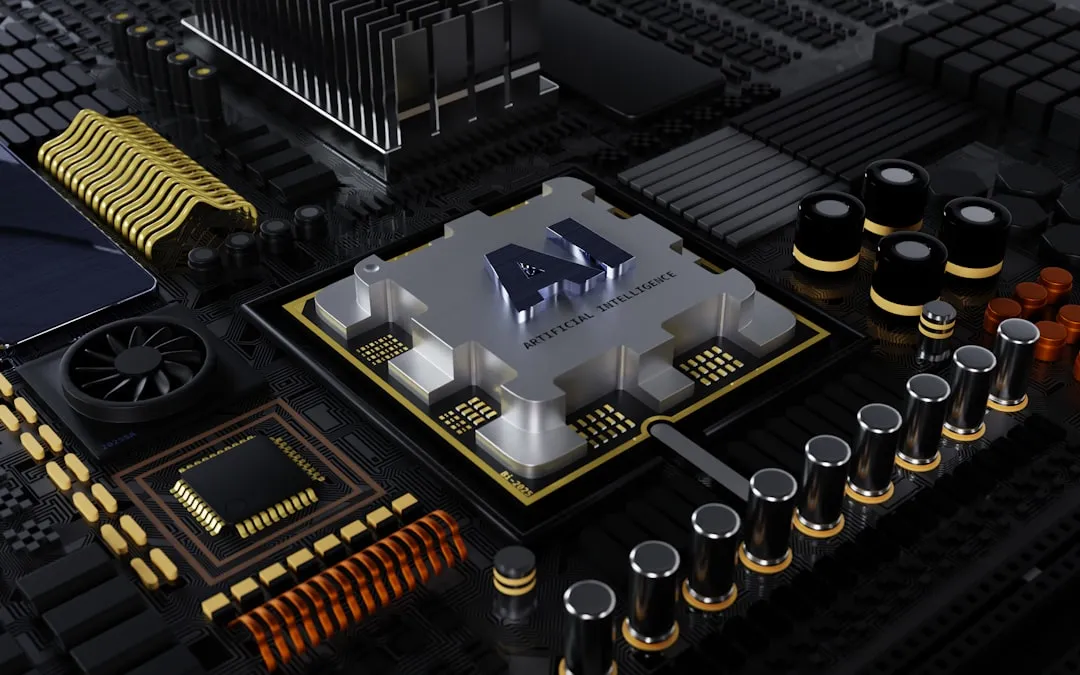
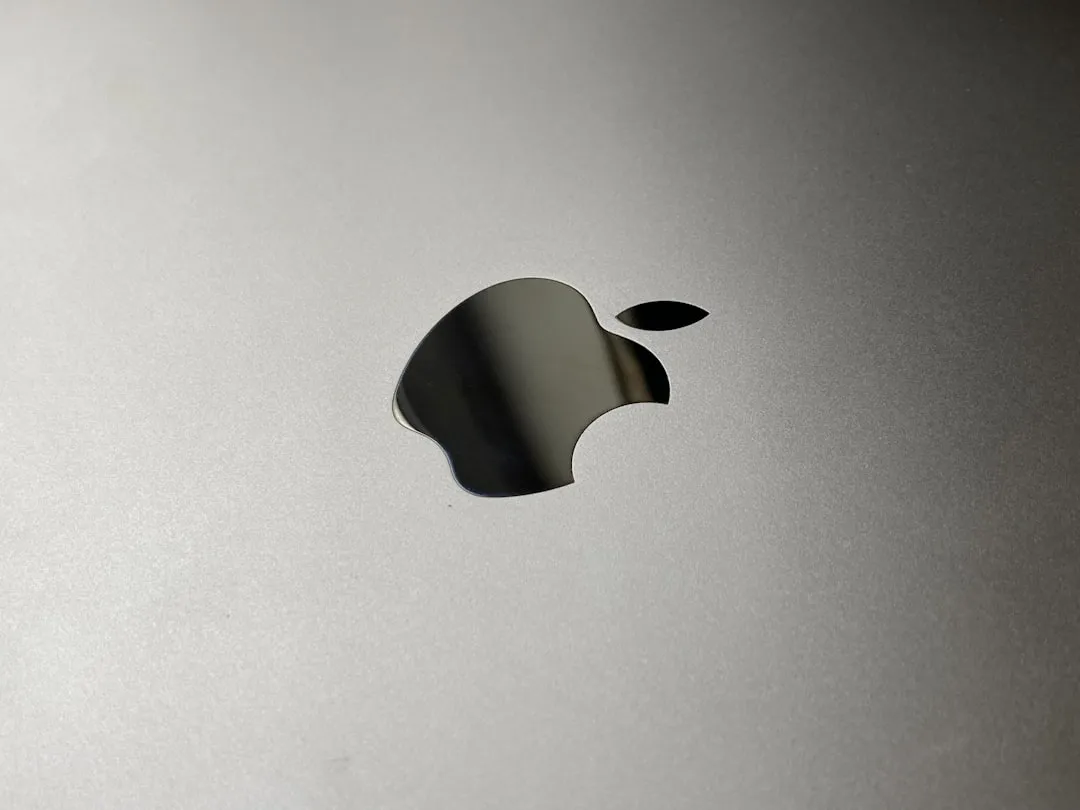
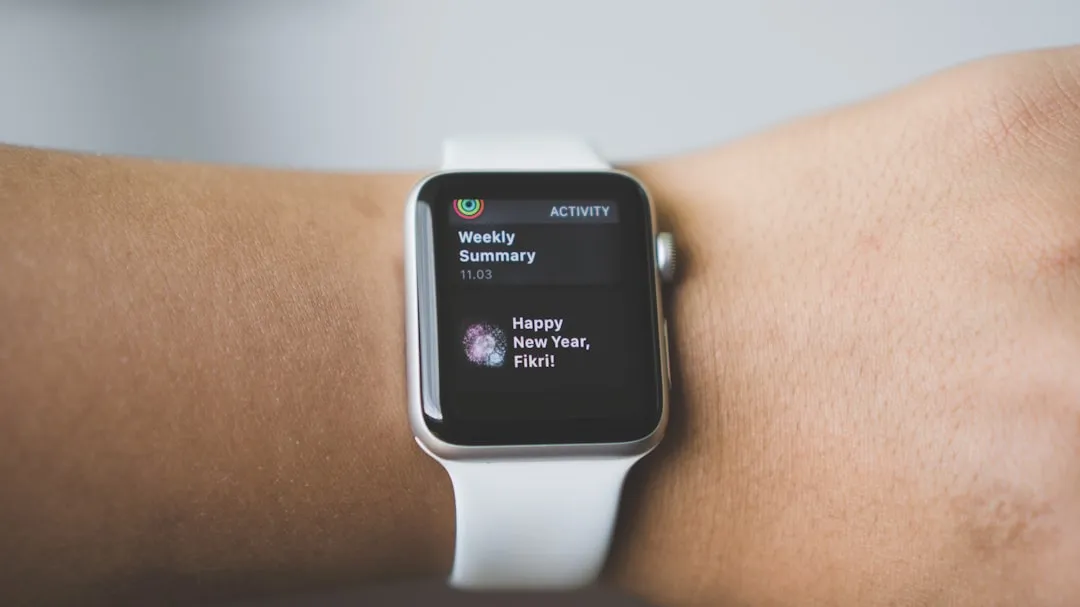
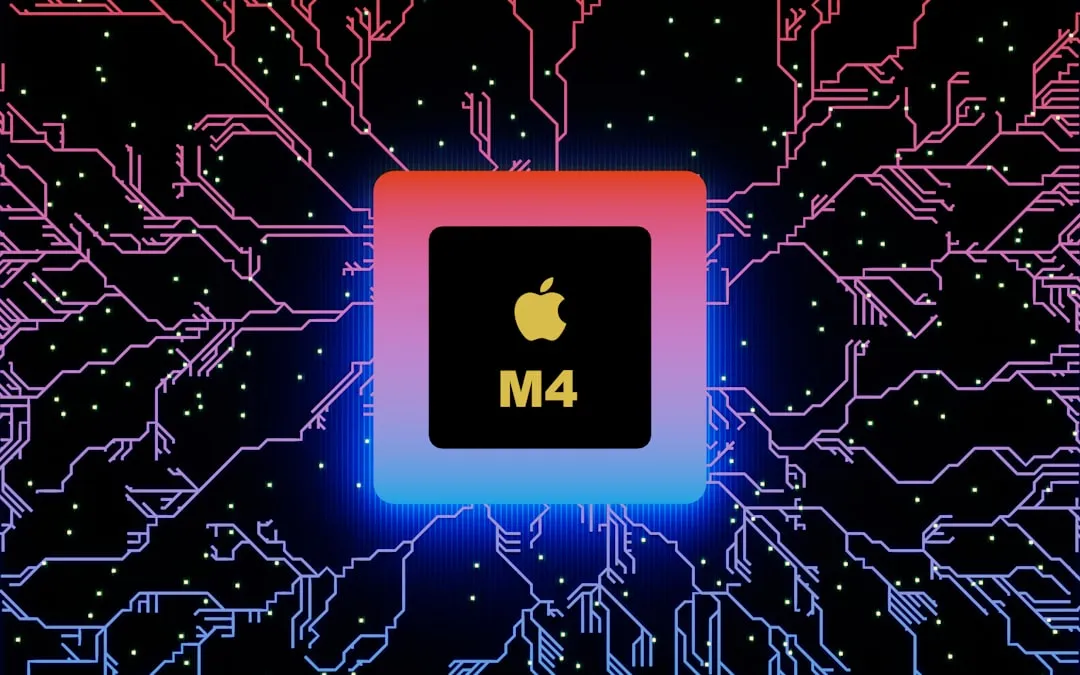



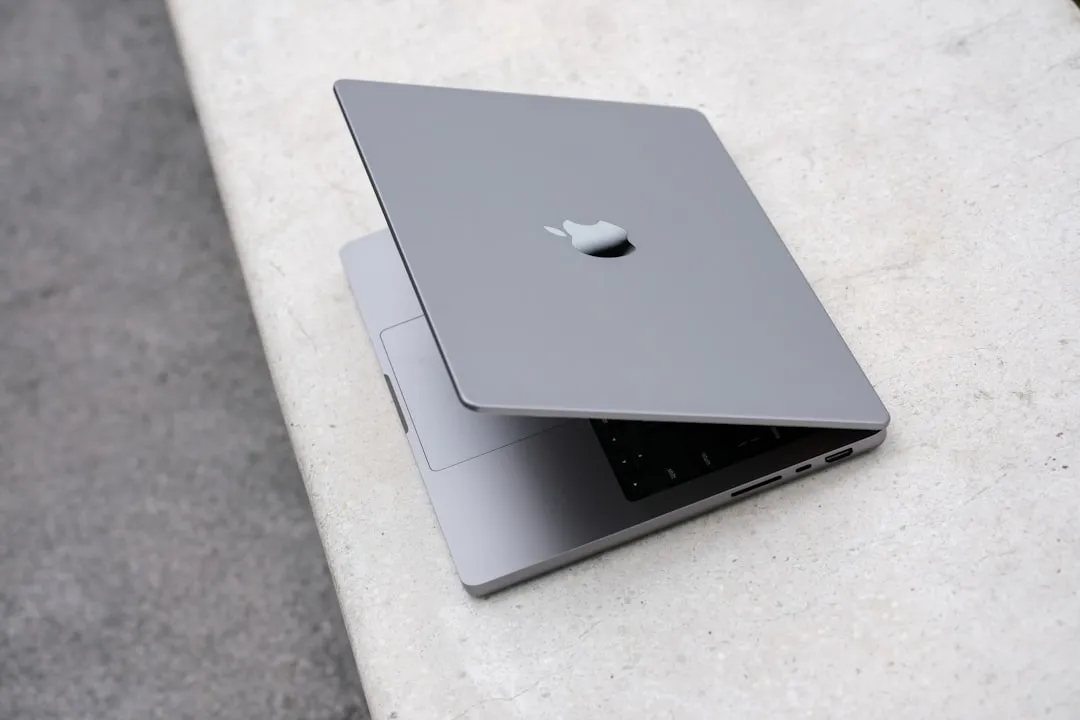
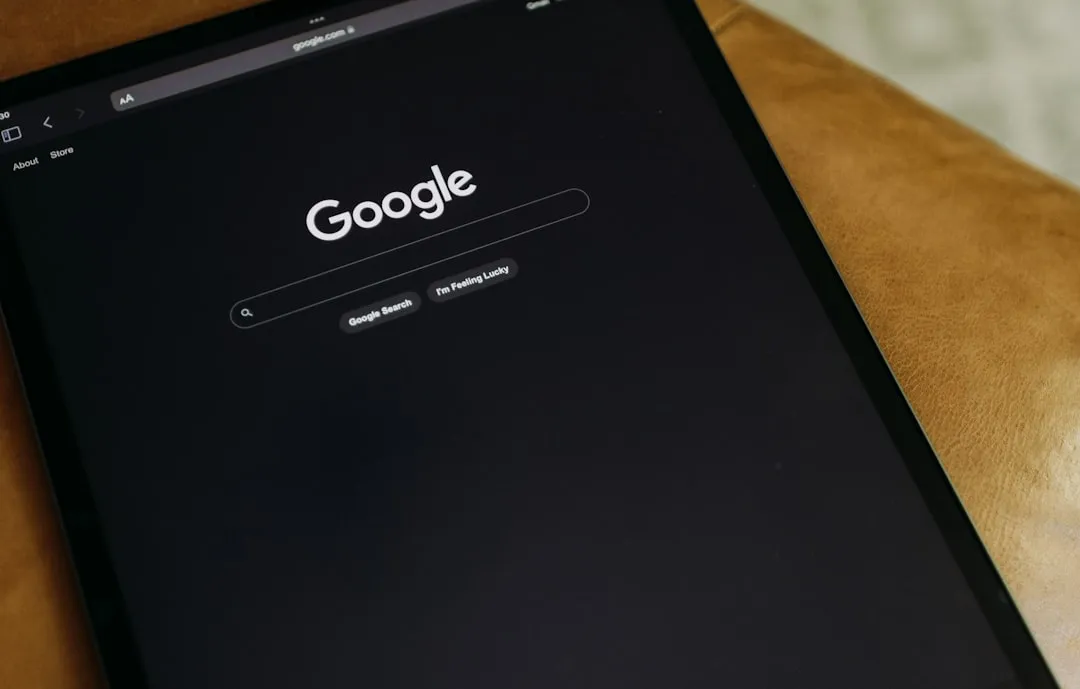

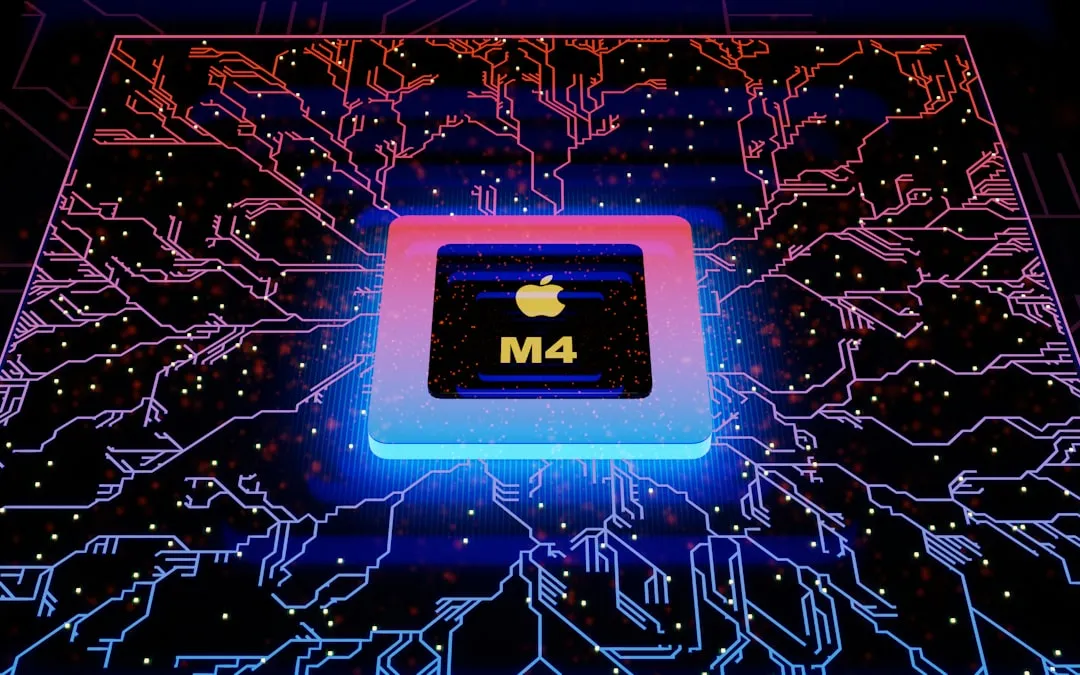


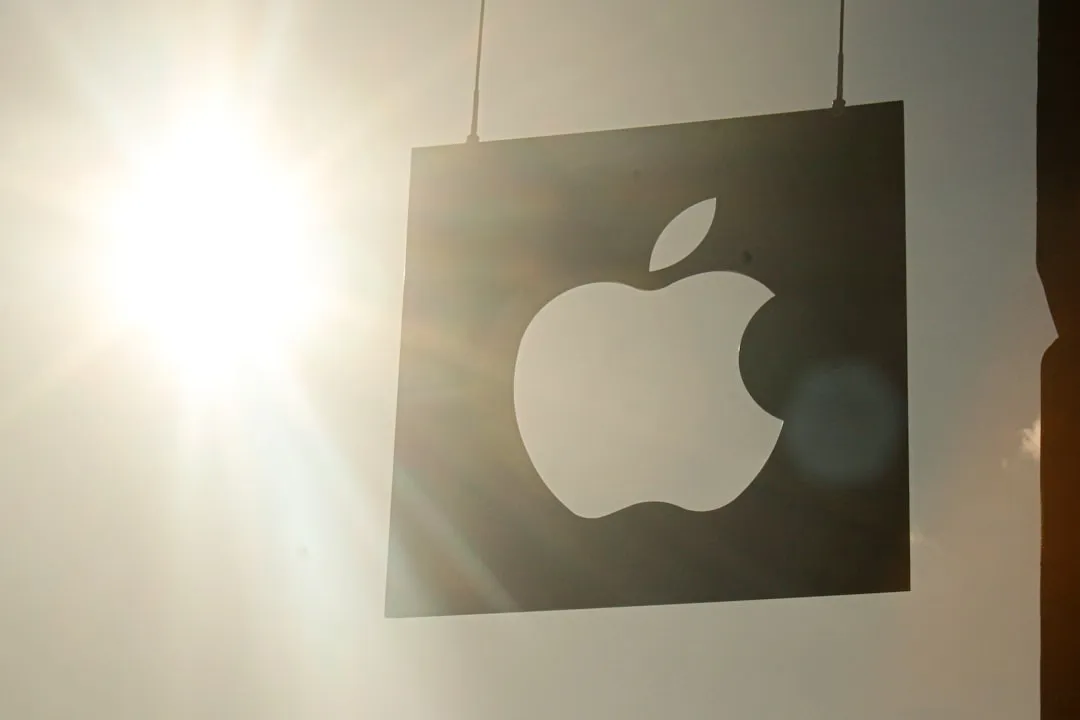
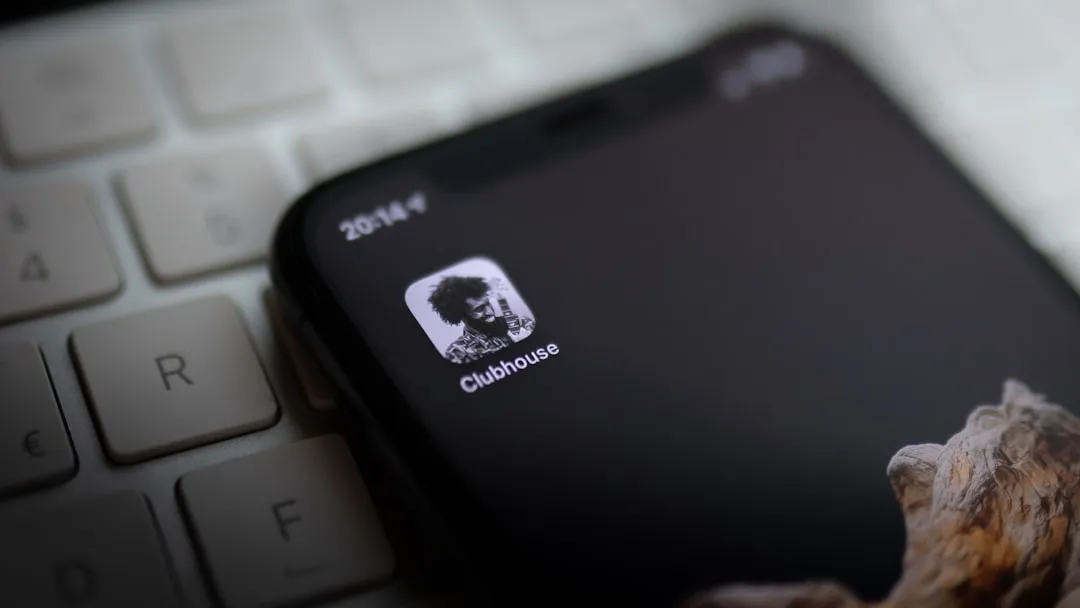
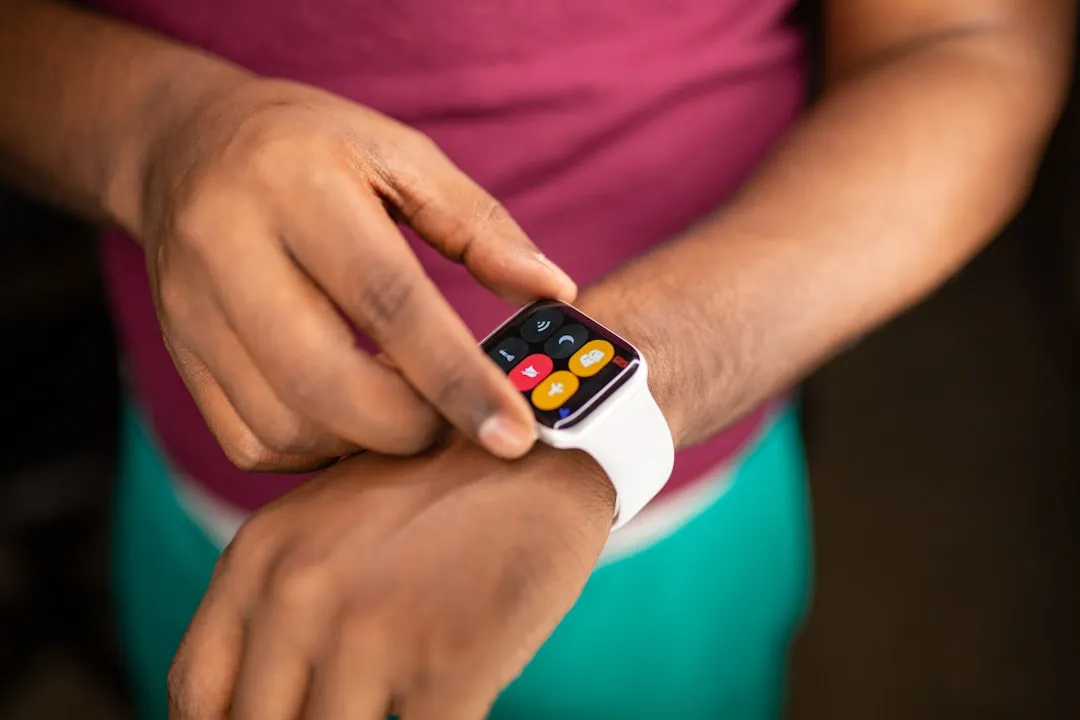
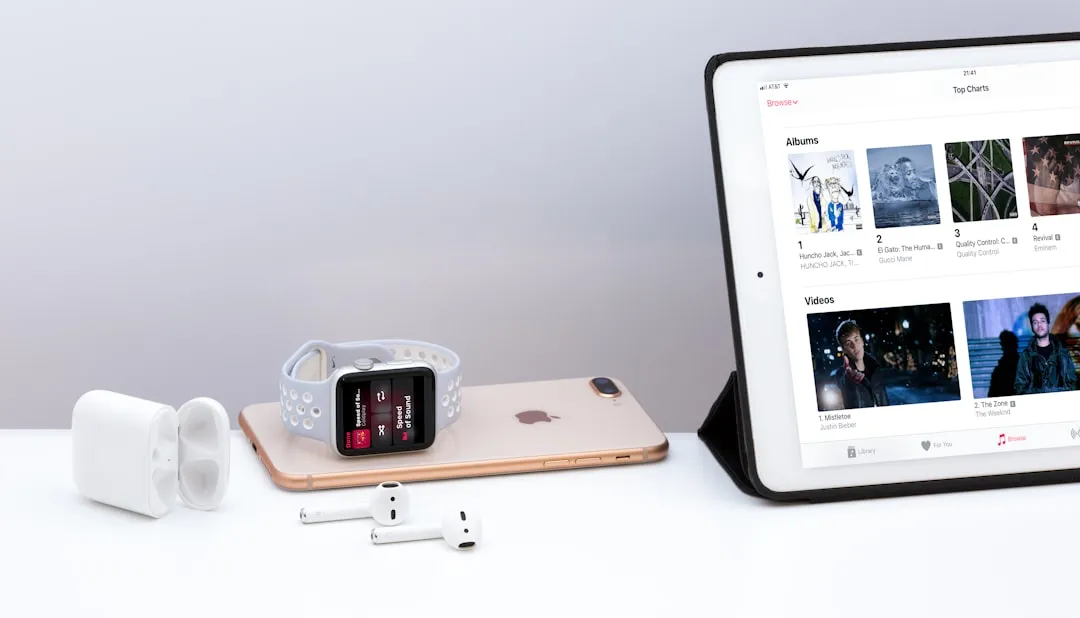
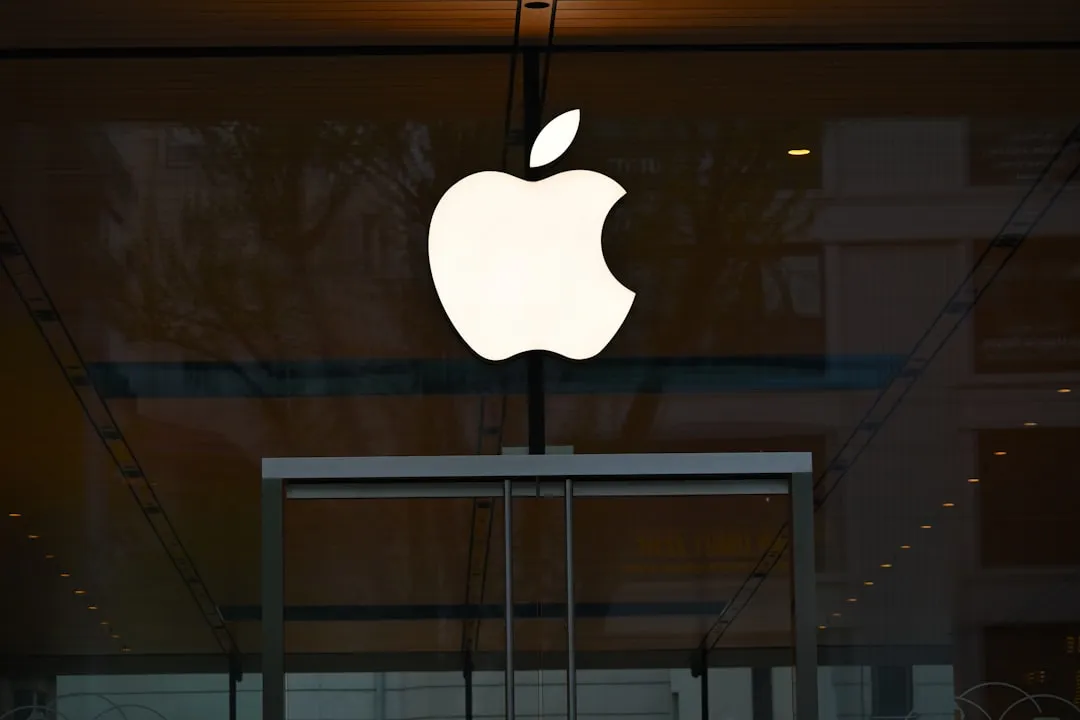

Comments
Be the first, drop a comment!